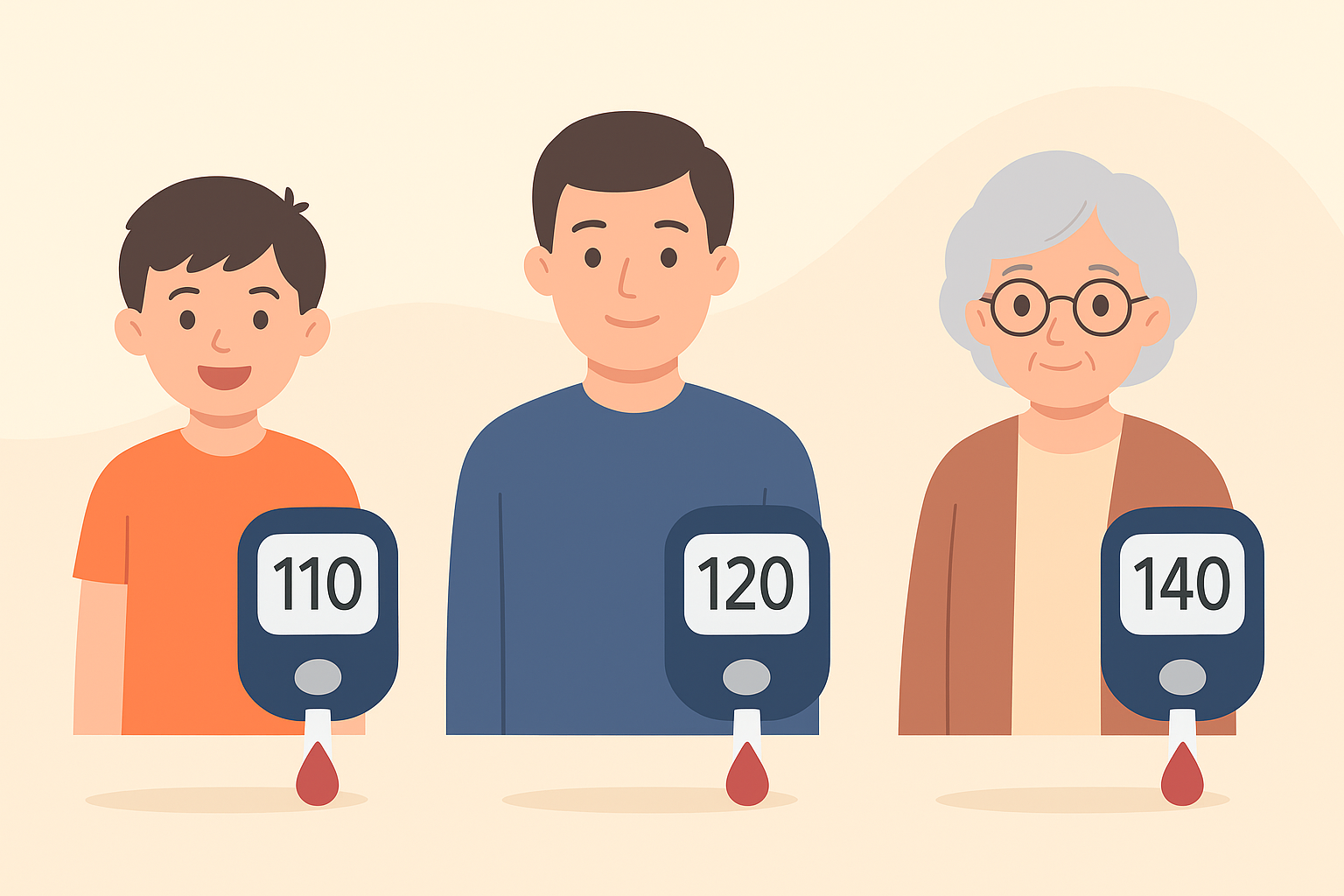What is Infertility?
Infertility is defined as the inability to conceive after one year of regular, unprotected sexual intercourse. It affects millions of couples worldwide, and the emotional toll can be significant. Understanding the causes and seeking timely medical help is crucial in managing this condition.
Common Causes of Infertility
Infertility can affect both men and women, and it often stems from multiple factors. Here’s a breakdown:
Female Factors
- Ovulation Disorders: Conditions like polycystic ovary syndrome (PCOS) or hormonal imbalances.
- Blocked Fallopian Tubes: Due to pelvic inflammatory disease (PID), endometriosis, or past surgeries.
- Age: Fertility typically begins to decline after age 35.
- Uterine or Cervical Abnormalities: Fibroids or polyps can interfere with implantation.
Male Factors
- Low Sperm Count or Poor Motility: Often due to lifestyle, genetics, or medical conditions.
- Varicocele: Enlarged veins in the scrotum that affect sperm quality.
- Infections: Sexually transmitted infections (STIs) or other health issues.
- Hormonal Imbalances: Low testosterone levels or other endocrine disorders.
Symptoms of Infertility
While infertility often has no obvious symptoms other than the inability to conceive, there can be some signs:
- Irregular or absent menstrual periods
- Pain during intercourse
- Erectile dysfunction or ejaculation issues
- Hormonal changes like weight gain, acne, or hair growth (in women)
When to Seek Medical Help
If you’ve been trying to conceive for over a year without success—or six months if you’re over 35—it’s time to consult a fertility specialist. Early diagnosis can increase the chances of successful treatment.
Diagnosis and Testing
Fertility evaluation typically includes:
- Blood Tests: To check hormone levels and ovulation.
- Ultrasound: To assess ovarian follicles and uterine health.
- Semen Analysis: To evaluate sperm count and motility.
- Hysterosalpingography (HSG): An X-ray to check the fallopian tubes.
Treatment Options for Infertility
There are several effective treatments available, depending on the underlying cause:
For Women:
- Fertility Medications: Such as Clomiphene or Letrozole to stimulate ovulation.
- Surgical Treatments: For fibroids, endometriosis, or tubal blockages.
- Intrauterine Insemination (IUI): Sperm is placed directly in the uterus.
- In Vitro Fertilization (IVF): Eggs are fertilized outside the body and implanted into the uterus.
For Men:
- Lifestyle Changes: Quitting smoking, reducing alcohol, and maintaining a healthy weight.
- Medications or Hormone Therapy: To address hormonal imbalances.
- Surgical Procedures: To correct varicocele or unblock sperm ducts.
Coping with Infertility Emotionally
Dealing with infertility can be emotionally draining. Consider:
- Counseling or Support Groups: Professional guidance or peer support can provide relief.
- Open Communication: With your partner to maintain a strong relationship.
- Self-Care: Prioritize mental health, diet, exercise, and sleep.
Final Thoughts
Infertility is a medical condition that can affect anyone. Fortunately, advances in fertility treatments offer hope to many couples. If you’re struggling to conceive, don’t hesitate to seek help. Early diagnosis and the right treatment plan can significantly increase your chances of starting a family.




